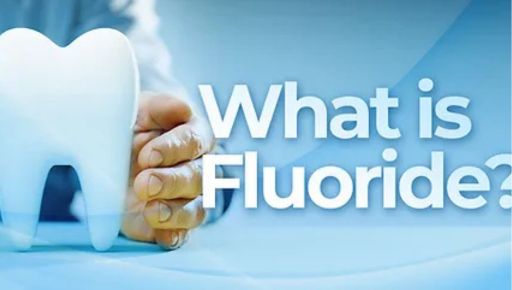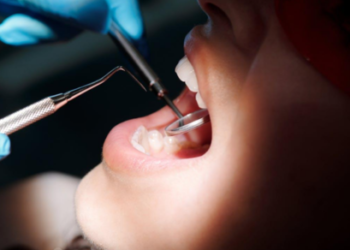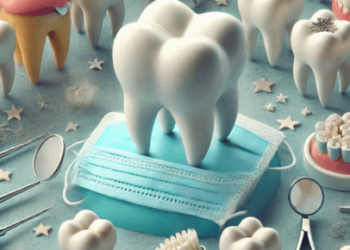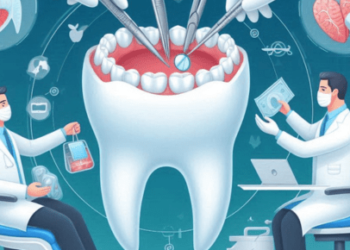
Fluoride is well-known for its effectiveness against tooth decay, being one of the most important elements for oral health. Being aware of fluoride can help residents of Grand Rapids, MI avoid dental fillings and keep their teeth healthy as explained by Dental practice in Grand Rapids, MI. In this article, we’ll look at what fluoride is and what it does, how you can take advantage of fluoride in your daily routine to avoid making cavities a part of your life.
What Is Fluoride and What Good It Can Do for Your Teeth?
Fluoride is a naturally occurring mineral found in soil, rocks, and certain types of food and water. The main thing it does is to strengthen teeth enamel, the outer protective layer of the teeth so that they become less susceptible to acid attacks by the bacteria in our mouths. These acids form when bacteria ferment sugars and starches that remain on the teeth, causing caries.
How does Fluoride help?
Fillings are required when a tooth has formed a cavity (the enamel is badly damaged and decayed). Fluoride drastically decreases the risk of cavities and fillings, so adding this element to your regimen is key! These are some of the top advantages to consider when it comes to using fluoride for preventing dental disease:
- Toughening Up Enamel: Fluoride helps strengthen the surface of teeth making them less susceptible to decay when exposed on a regular basis This is especially crucial for children, whose teeth are in a state of development and are more vulnerable to cavity-causing bacteria.
- Early Cavity Reversal: Fluoride can reverse the early stages of cavities by promoting re-mineralization. It also means that isolated patches of decay can be treated before they progress to full-blown cavities in need of fillings.
- Lowering Dental Expenses: Avoiding cavities through fluoride will considerably save money on dental treatment Restorative procedures, such as fillings and crowns can be pricey, at which point preventive care is the more affordable route to take.
Sources of Fluoride
There are some different types of fluoride for Grand Rapids residents that help to keep teeth healthy and create fillings.
- Fluoridated Water: Grand Rapids, among other cities, still adds fluoride to its water supply. Fluoridated water is a good source of fluoride exposure because it provides continuous access to this compound.
- Backing it Up with Toothpaste and Mouth Rinses: Fluoride toothpaste is a well-known and effective medium for topically delivering fluoride to the teeth. Fluoride mouth rinses are also useful, particularly if the individual is at a greater risk of tooth decay.
- Fluoride Treatments from Professionals: Your dentist may apply fluoride treatments in their office during your routine exam. These treatments tend to be applied more heavily than store-bought products, which can act as a useful shot in the arm for your enamel.
- Fluoride in food and drinks: Food and drinks have only a small, natural version of the fluoride. Eating a fluoride-rich diet in moderation is part of being healthy.
How to Use Fluoride with Your Dental Care Routine?
To make the most of their fluoride benefits, you should add it as a daily part of your oral hygiene practices. To make sure that you’re getting plenty of fluoride, here are some pointers:
- Twice-Daily Brushing: Brush with fluoride toothpaste at least twice a day, preferably before bedtime. It helps to eliminate the food and bacteria that cause tooth decay.
- Fluoride Mouth Rinse: This is good for additional protection, so maybe set up a fluoride mouth rinse. This is especially useful for people who are cavity-prone.
To avoid tooth decay and the need for fillings, fluoride is essential. Fluoride helps to preserve dental health and lower the incidence of cavities by fortifying enamel, encouraging remineralization, and preventing bacterial activity.
















